1. Introduction: The Changing Landscape of AI
In recent years, the rapid advancements in artificial intelligence (AI) have revolutionized various industries and reshaped the way we live and work. From self-driving cars to virtual assistants, AI-powered technologies are becoming increasingly prevalent in our daily lives. As AI continues to evolve and automate various tasks, one crucial factor stands out as the secret weapon to thriving in this changing landscape: adaptability.
2. Understanding Adaptability
Adaptability, the secret weapon, refers to the remarkable ability to adjust to new situations, learn from them, and apply that knowledge to future scenarios. It encompasses a diverse range of skills and qualities that empower individuals to navigate uncertainty, wholeheartedly embrace change, and seamlessly respond to ever-evolving circumstances.
3. The Importance of Adaptability in the Age of AI
As AI systems become more sophisticated, they are capable of performing an increasing number of tasks traditionally carried out by humans. This technological shift has raised concerns about job displacement and the future of work. However, rather than viewing AI as a threat, individuals can harness their adaptability to embrace these changes and capitalize on the opportunities they present.
Adaptability allows humans to leverage their unique cognitive abilities and emotional intelligence to complement AI systems. By adapting and upskilling, individuals can position themselves as valuable assets in the age of AI, creating new roles and driving innovation.
4. Developing Adaptive Skills
To unlock the full potential and become the secret weapon in the age of AI, individuals must cultivate a powerful set of adaptive skills that seamlessly complement the capabilities of AI systems. Here are five key skills that serve as the secret weapon for fostering adaptability:
4.1 Embracing Lifelong Learning
Continuous learning is essential in an era of rapid technological advancements. By staying curious and proactive in acquiring new knowledge and skills, individuals can stay ahead of the curve and remain adaptable.
4.2 Cultivating Critical Thinking
Critical thinking enables individuals to analyze complex problems, evaluate information, and make sound decisions. It involves questioning assumptions, considering multiple perspectives, and recognizing biases, all of which are vital for adapting to dynamic situations.
4.3 Nurturing Creativity and Innovation
While AI excels at processing data and generating insights, human creativity and innovation are unparalleled. By fostering a creative mindset, individuals can bring fresh ideas, find novel solutions, and adapt to challenges in innovative ways.
4.4 Building Emotional Intelligence
Emotional intelligence, including self-awareness, empathy, and effective communication, is crucial for adapting to collaborative environments. It enables individuals to navigate interpersonal dynamics, build relationships, and work effectively in diverse teams.
4.5 Strengthening Interpersonal Communication
As AI systems become more prevalent in the workplace, strong interpersonal communication skills become even more critical. Effective communication fosters collaboration, understanding, and the ability to work alongside AI systems to achieve optimal outcomes.
5. Harnessing Technology as a Tool
Rather than perceiving AI as a competitor, individuals can leverage technology as a tool to enhance their capabilities. By understanding the strengths and limitations of AI systems, individuals can identify opportunities for collaboration and use AI to augment their work, leading to increased productivity and efficiency.
6. Balancing Automation and Human Expertise
Automation through AI has the potential to streamline processes and optimize operations. However, striking the right balance between automation and human expertise is crucial. Certain tasks are better suited for AI, while others require human judgment, creativity, and emotional intelligence. By identifying these areas, individuals can ensure the optimal integration of AI in their workflows.
7. Future-proofing Careers with Adaptability
The future job market will be characterized by continuous change and the need for adaptability. To future-proof their careers, individuals should embrace lifelong learning, regularly update their skills, and cultivate a growth mindset. This proactive approach allows individuals to stay relevant, seize new opportunities, and navigate career transitions effectively.
8. The Role of Businesses in Fostering Adaptability
Businesses play a vital role in fostering adaptability among their employees. They can create a culture of learning, provide training and upskilling opportunities, and encourage innovation. By investing in their workforce’s adaptive skills, businesses can ensure their long-term success in an AI-driven world.
9. Ethical Considerations in AI-Driven Environments
As AI becomes increasingly integrated into various aspects of society, ethical considerations arise. It is crucial to establish guidelines and regulations to ensure AI systems are developed and used responsibly. Ethical frameworks should address issues such as privacy, bias, transparency, and accountability to mitigate potential risks and ensure the equitable and ethical deployment of AI technologies.
10. Overcoming Challenges to Adaptability
Adapting to change is not always easy, and there are challenges to overcome. Fear of the unknown, resistance to change, and a lack of confidence can hinder adaptability. However, by embracing a growth mindset, seeking support from mentors or coaches, and focusing on personal development, individuals can overcome these challenges and become more adaptable.
11. FAQs
Q1: How can adaptability benefit individuals in the age of AI? Adaptability allows individuals to leverage their unique cognitive abilities and emotional intelligence to complement AI systems, creating new roles and driving innovation.
Q2: What is the role of lifelong learning in developing adaptability? Lifelong learning ensures individuals stay curious, proactive, and equipped with the latest knowledge and skills needed to adapt to changing circumstances.
Q3: How can businesses foster adaptability among their employees? Businesses can foster adaptability by creating a culture of learning, providing training and upskilling opportunities, and encouraging innovation.
Q4: What are some ethical considerations in AI-driven environments? Ethical considerations include privacy, bias, transparency, and accountability to ensure responsible and equitable use of AI technologies.
Q5: How can individuals overcome challenges to adaptability? By embracing a growth mindset, seeking support, and focusing on personal development, individuals can overcome challenges and become more adaptable.
12. Conclusion
In the age of AI, adaptability emerges as humans’ secret weapon. By cultivating adaptive skills, leveraging technology as a tool, and embracing lifelong learning, individuals can thrive in a rapidly changing world. The ability to adapt allows us to complement AI systems, contribute unique perspectives, and drive innovation. As we navigate the evolving landscape of AI, adaptability remains crucial for personal growth, career success, and societal advancement.

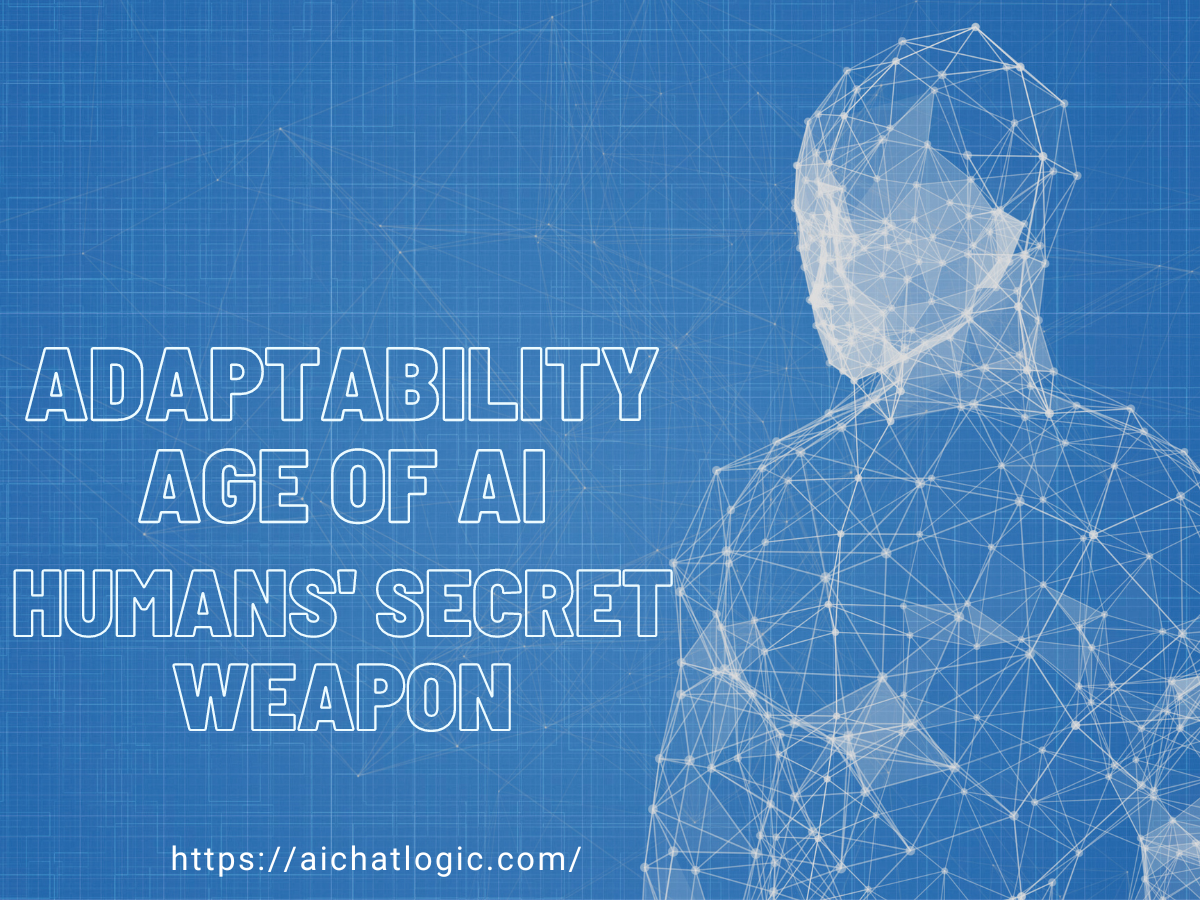

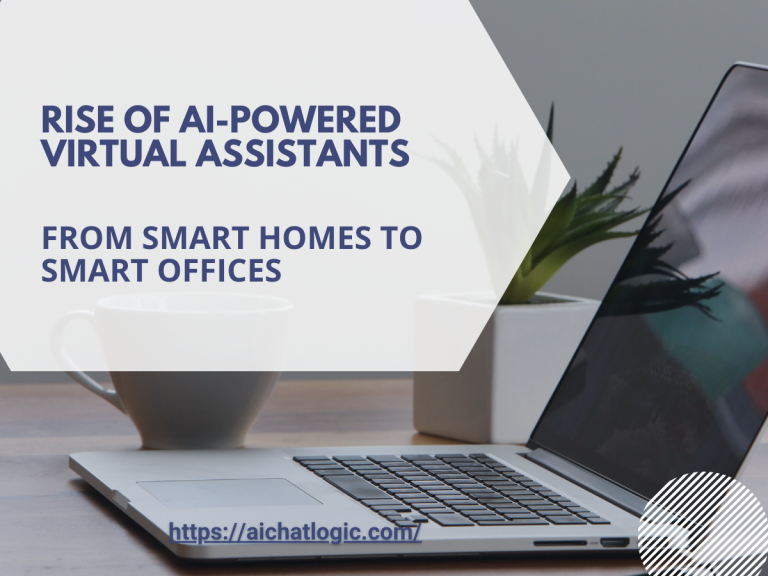
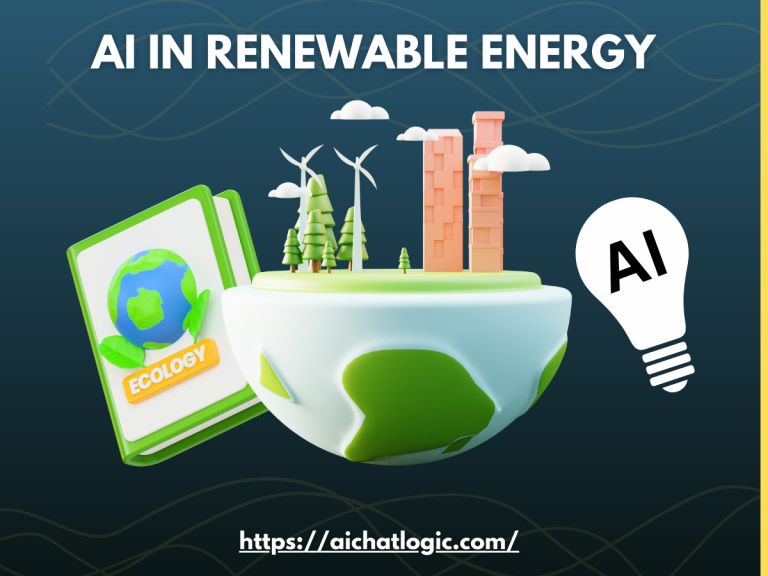


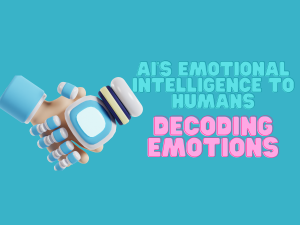
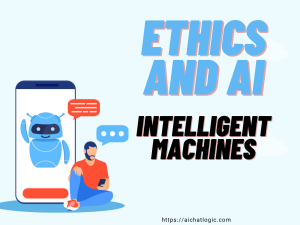



+ There are no comments
Add yours